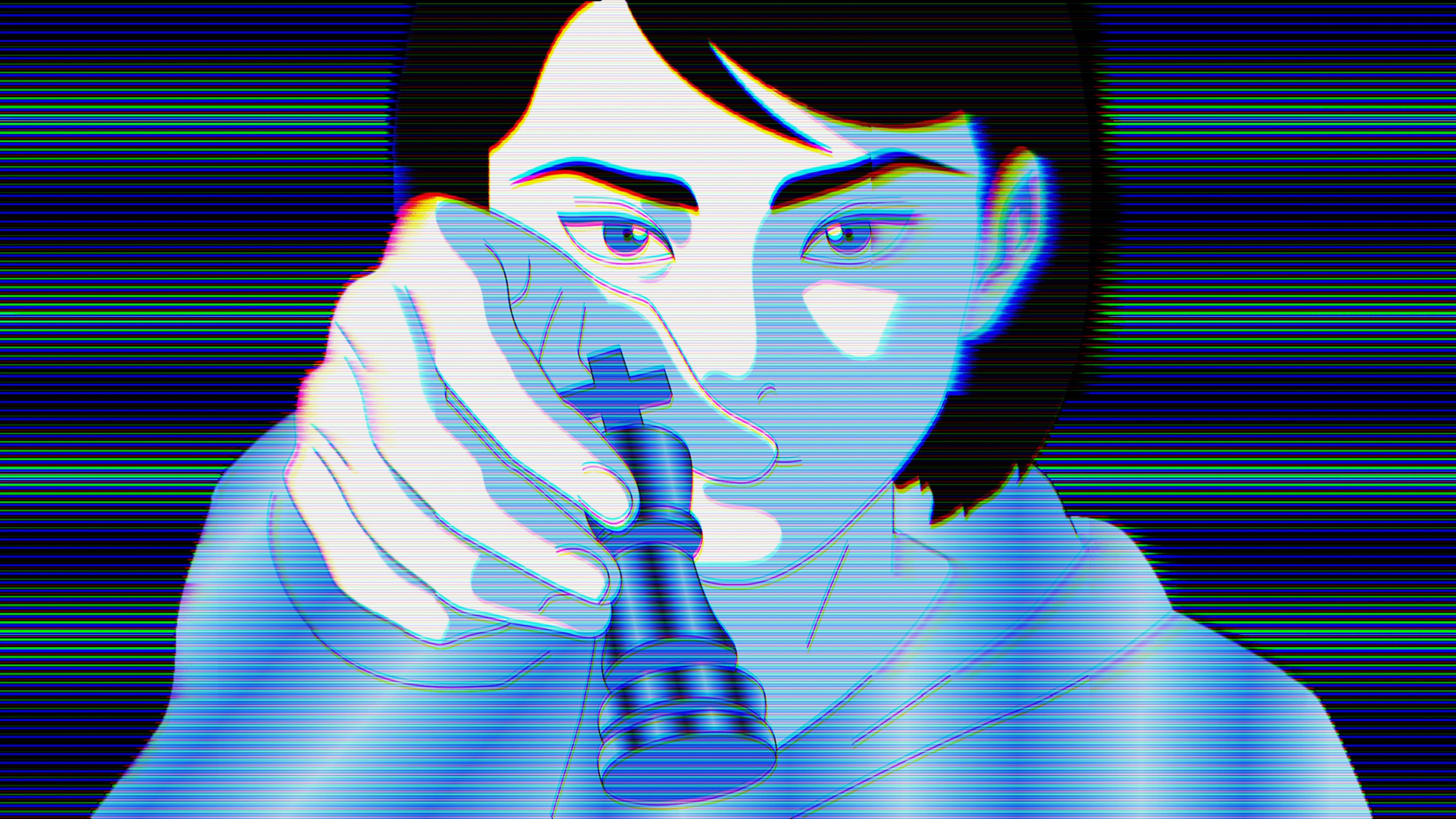Should Androids Have the Right to Reproduce?

There’s been a shift in the narrative of the humans versus robot story in science fiction, according to a new study from Ingvil Hellstrand. As artificial intelligence advancements have been made, contemporary science fiction has caught up to reflect this new technology and its surrounding issues. The storylines have become less about the battle against robots, but rather act as more of hypothetical ethical scenarios that scientists are battling with today.
Hellstrand gives a great example from Star Trek: The Next Generation. Data, an android who is constantly seeking out ways to become more human, decides to have a daughter. This fictional example bleeds into a debate we’re having within our own society, Hellstrand says:
“Data argues for parenthood as a practice and not merely as a purely genetic identity. This feeds right into the debate that has been going on in Norway since the end of the 2000s. Norwegian biotechnology legislation was revised and opened access to assisted reproduction for all co-habiting women in either heterosexual or homosexual relationships.”
This leads to an interesting discussion and Hellstrand says, “The question regarding who should have the right to assisted reproduction is a debate that changes with our understanding of what it means to be human and the norms relating to identity and belonging, especially parenthood. These are big questions that we, as a society, are struggling with.”
The traditional family been challenged and our ideas about what it means have become redefined. The advancements in AI technology may redefine it once more.
However, in order to get to the point where we have this debate, artificial intelligence has to get to a point where it’s self-aware. Biologist E.O. Wilson believes that the study and perfection of artificial intelligence is an exciting avenue of research. He thinks that “using robots as avatars and creating robots that are by design an imitation of what we know about the brain” will help in our quest to find out what the meaning of humanity is.
Read more about the study at Science Daily.
Photo Credit: Syfy / Getty





